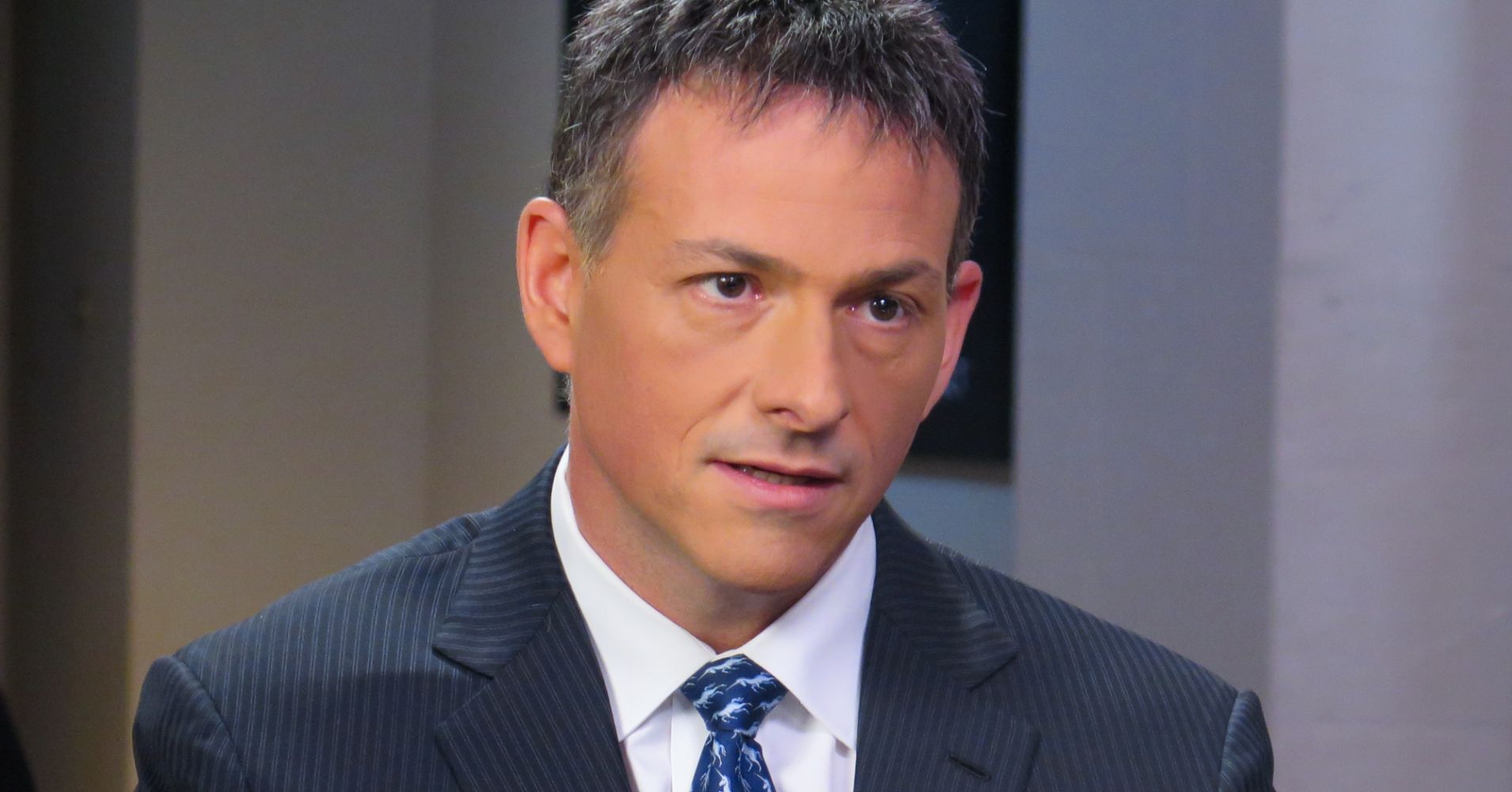It’s difficult to stay on top.
Last weekend marked the 10th anniversary of Lehman Brothers’ bankruptcy, which many investors regard as the seminal event of the financial crisis.
While most investors on Wall Street lost money a decade ago during the depths of the crisis, some investors thrived and earned their place in the annals of financial history.
They’re the subject of movies, books and speaking engagements. They’ve inspired others to follow in their path to uncover the makings of the next downturn.
They shorted the crisis and made billions. But for many of them, the decade since was not as favorable, in fact, it’s been detrimental.
Take John Paulson. His assets under management have plummeted by more than three-fourths since the years after the crisis. There’s also David Einhorn, whose fund is down more than 25 percent this year with his losing bets against high-flying technology stocks.
Here are more details on four key financial crisis winners and their stories over the last decade.
1. David Einhorn
David Einhorn scored one of the most prescient calls of the entire financial crisis.
In May 2008, just a few months before Lehman Brothers declared bankruptcy, the hedge fund manager said the investment bank was a risk to the financial system and questioned its accounting at the Ira W. Sohn Investment Research Conference. He confirmed his firm Greenlight was short Lehman during that speech.
But Einhorn has struggled in recent years. Greenlight Capital fund returned a meager 1.6 percent in 2017 versus the S&P 500’s 19.4 percent gain, according to an investor letter. The fund is doing much worse this year with a nearly 25 percent negative return through the end of August.
The hedge fund manager has said his fund’s underperformance was due to his value investment style being out of favor in the current market environment.
2. Meredith Whitney
Meredith Whitney is regarded as the star analyst of the financial crisis. Her biggest call was on Citigroup.
In Oct. 2007, she said Citigroup needed to reduce its dividend due to mismanagement, which sparked a large decline in the bank’s shares.
Her negative call had an almost immediate impact as the bank’s CEO Chuck Prince resigned days later and the company cut its dividend in two weeks after her report.
But Whitney didn’t achieve as much success during the bull market. In 2010, she predicted a meltdown in the municipal bond market on “60 Minutes” that never happened. Whitney started a hedge fund that quickly closed in 2015 after negative returns, according to the Wall Street Journal. That same year, Whitney joined Arch Capital Group.
A spokesperson for Arch Capital confirmed she is still employed at the company and manages some of the firm’s equity investments.
3. John Paulson
The most lucrative bet against the housing bubble was made by John Paulson.
His hedge fund firm Paulson & Co. made $20 billion on the trade between 2007 and 2009 driven by its bets against subprime mortgages through credit default swaps, according to the Wall Street Journal. Paulson’s personal earnings was about $4 billion in the time period.
But the good returns didn’t last and his firm lost many billions in recent years.
Paulson firm’s assets fell to $9 billion earlier this year from $38 billion in 2011, according to Bloomberg. The drop in assets came after several of its funds underperformed significantly.
The Paulson Partners Enhanced fund declined 35 percent last year and fell 49 percent in 2016, while Paulson Partners dropped more than 40 percent over the past four years, according to the media outlet.
4. Steve Eisman
Eisman was a key character in Michael Lewis’ best-selling “The Big Short” and was depicted by actor Steve Carell in the movie based on the book.
The hedge fund manager bet against subprime mortgages by buying hundreds of millions of dollars in credit default swaps. The trade worked so well his hedge fund at FrontPoint Partners more than doubled in size to $1.5 billion from $700 million during the financial crisis, according to Lewis’ book.
But in the following years he had much less success.
Eisman left FrontPoint to start his own fund named Emrys Partners in 2012. After two years of mixed performance versus the market — including a 3.6 percent gain in 2012 and 10.8 percent return in 2013 — he closed the fund in 2014, according to the Wall Street Journal.
He then joined Neuberger Berman as a portfolio manager in September of 2014 and now manages about $767 million, according to the firm’s website.


 Signal2forex.com - Najlepšie Forex roboty a signály
Signal2forex.com - Najlepšie Forex roboty a signály




